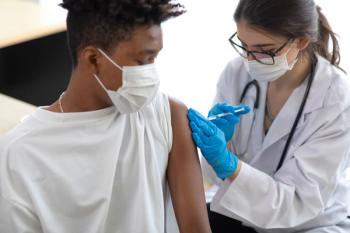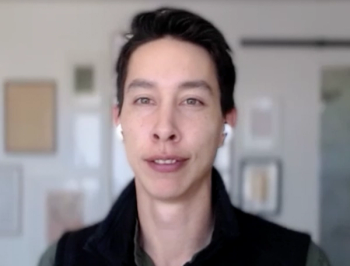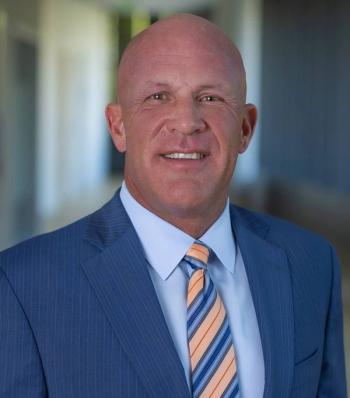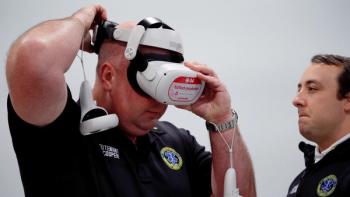
Health systems need to think about delivering care outside of the hospital.

Health systems need to think about delivering care outside of the hospital.

Experts say they’re alarmed by the increase in maternal mortality during the COVID-19 pandemic. Black women are much more likely to die of pregnancy-related complications.

Some health systems have partnered with other community organizations and made a significant difference.

In this new feature, we’re spotlighting the insights from leaders in the world of healthcare. Rick Bates of RxSense talks about the importance of acknowledging mistakes.

ECRI, a nonprofit focused on protecting patients, releases its annual list of the most pressing concerns. Marcus Schabacker, CEO of ECRI, talked with us about the leading issues.

As ECRI releases its annual report on the top threats to patient safety, the organization’s leader urges hospital executives to put a higher priority on reducing preventable mistakes.

The organization examined thousands of hospitals but only a select group took prizes in patient safety and the patient experience. Four problems make up the bulk of safety events, the study found.

Healthgrades has announced its recipients of patient safety awards, and Brad Bowman talks about the importance of focusing on critical problems.

Most doctors say delays in approval for treatment are impeding patient care. They also say excessive delays are undermining the argument that prior authorization helps control costs.

An Epic analysis shows in most telehealth visits for primary care, patients did not need to see their doctor in person. Danessa Sandmann of Epic Research talks about the study and its implications.

Across the state, hospital expenses are $3.5 billion more than pre-pandemic levels. The Connecticut Hospital Association is asking federal and state officials for help.

Justin teaches about digital health at Stanford Medicine and is a partner at GSR Ventures. He talks about the potential of ChatGPT, the ethical questions, and how AI will transform the industry.

MSU Health hires the Defense Department's top medical officer, MU Health names a new chief quality officer, and others take on new roles.

During an AMA webinar, healthcare leaders outlined ways to help doctors. Nearly two-thirds of physicians say they experience burnout.

The president's spending plan will face partisan opposition. However, he is offering boosts for health programs that are popular on both sides of the aisle.

In this new feature, we’re going to spotlight the insights from key figures in the world of healthcare. Rob Allen shares former CEO Marc Harrison’s tip as he began his new role.

Many physicians say they are suffering burnout, and administrative headaches are a leading factor.

Kicking off a new, ongoing feature, we’re aiming to spotlight the insights of healthcare leaders. In this installment, Katie Galbraith discusses the need to get more women in leadership roles.

Nicholas Kman, a professor at Ohio State College of Medicine, talks with Chief Healthcare Executive about using VR to prepare first responders.

The system broke ground on the new $246M facility in December 2020. And BayCare has other building projects underway.

Several healthcare organizations are urging lawmakers to block looming reductions to a program that aids more than 2,500 hospitals.

Ankoor Shah of Accenture talks with Chief Healthcare Executive about the need for better data, and why technology is a key element in closing disparities.

The two systems said they are exploring a partnership. If they come together, the merged organization would operate more than 40 hospitals.

Duke University Health System selects a new chief operating officer, St. Clair Health hires a new COO, and others take new roles.

Steward Health Care is preparing to shut down the Texas Vista Medical Center. Steward wants University Health System to take over the hospital, and the organizations are clashing over the situation.